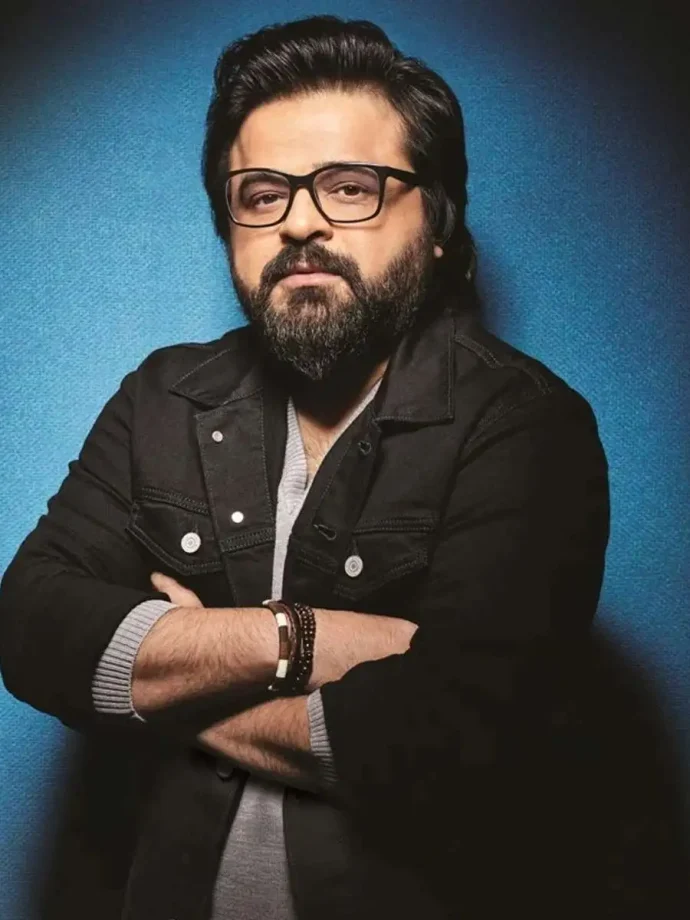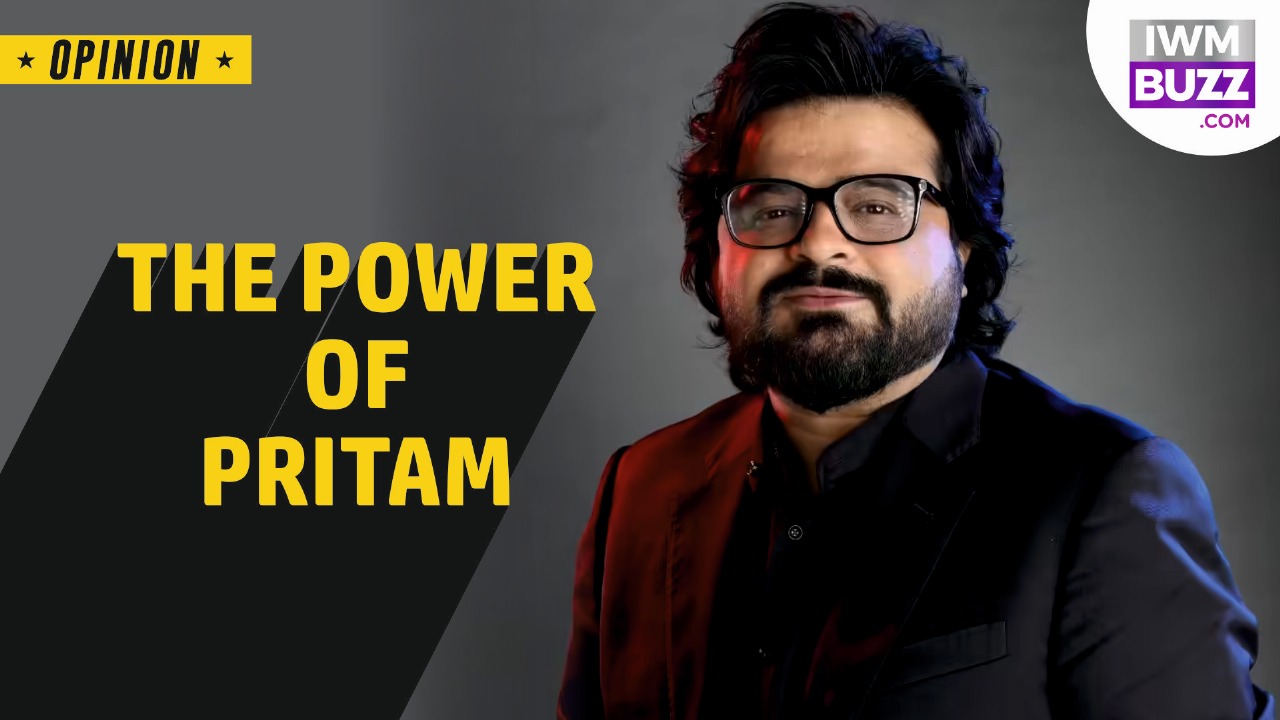Listening to Pritam almost feels like homecoming. The tempo pulls you closer to yourself. The ruffles get unruffled, and you unify with the waves of the ocean. That’s how poetically versed his songs sound. Not just once, but always. With Metro…In Dino, you earn the poiesis. Every time you ring in one song, you understand the crux of love. And it is not about ‘figuring it all out’ in one go. It’s paced. Layered. It’s about choosing to fall in love with the same person, persistently. No breaks, just pure devotion. You see the flaws. You watch it when the light fades, yet you choose the same human again. And that’s the power Pritam possesses with his songs.

The verses of “Mausam” from Metro… In Dino, sung soulfully by Arijit Singh, carries a quiet intensity that speaks of longing, loss, and emotional surrender. The lyrics, penned with poetic delicacy, evoke the bittersweet ache of memories that linger long after love has gone. Lines like “Tumhein Bhulaane Mein Mujhe Zamaana Lage” encapsulate the impossibility of forgetting someone who once meant everything. At the same time, metaphors like “Tum Aankh Moond Ke Pee Jao Zindagi” suggest a reckless, almost romantic willingness to embrace pain. The song feels intimate and deeply personal, yet universal, resonating with anyone who has ever tried to move on while still holding on. Wrapped in a melancholic yet serene melody, the overall feel of the song is meditative, reflective, and hauntingly beautiful.
“Qayde Se”, on the other hand, isn’t about the beginning or the end. It’s about the during. It’s about love that’s stayed. Weathered. Sat in silence when words ran out. Arijit brings the ache, but it’s Pritam’s quiet understanding of space that lets the song breathe. “Lag Raha Hai Qayde Se Ab Mohabbat Huyi Hai Mujhe,” it’s not love that sweeps you off your feet; it’s love that holds them steady. It doesn’t dazzle. It grounds. It’s heavy with truth, but still somehow weightless.
“Dil Ka Kya” is where hope flirts with pain. Where confusion isn’t a phase—it’s the mood. Raghav Chaitanya’s voice feels like a text you type but don’t send. It’s the gentle ache of someone waiting for answers that never arrive, but still humming the tune anyway. “Ab pichle hi pal dekha tujhe, tu yahin tha…”—and just like that, reality and memory blur. The track doesn’t cry out loud. It sighs. It wonders. And that’s where Pritam always excels, he scores silence just as much as sound.
But Pritam’s language of longing didn’t begin here.
Go back—feel “Phir Le Aaya Dil” (Barfi!). That’s not a song. That’s a return ticket to all the feelings you tried to abandon politely. The kind of melody that waits outside your door in the rain, not asking to be let in, just content to be near. The way Rekha Bhardwaj curls around those words, and the way Pritam lets each instrument speak its own sentence—it’s devotion without demand.
And what about “Tera Hone Laga Hoon”? That giddy, breathless joy of noticing someone’s laugh and realising it’s your favourite sound now. The sky doesn’t change. The streets stay the same. But everything feels warmer. Lighter. Love in that song is still wide-eyed. Still wearing its heart on its sleeve. Pritam captures that innocence without mocking it. He honours it.
Then there’s “Ae Dil Hai Mushkil”, where love is all fire and no exit. Every beat of that track is a wound stitched with melody. “Mujhe aazmaati hai teri kami…” it’s the kind of line that feels too personal and too familiar all at once. Pritam doesn’t just craft heartbreak here; he immortalises it.
Even in songs like “Raabta”, there’s a sense of fated chaos. Of connections that defy timeline and logic. Of people who walk in, it’s as if it’s déjà vu. You can’t place them, but your soul leans forward anyway. That’s the world Pritam builds, where sound carries memory, where lyrics are not written but remembered.
Pritam documents moments. Sometimes it’s a breath. Sometimes it’s a wound. Sometimes it’s love in the rearview mirror. But it’s always real. Always lived in.
And maybe that’s why listening to him feels less like music, more like memory. Like you’re not just hearing, you’re remembering something you felt, something you lost, or something you’re still waiting for.
And that’s his power. He reminds you of what’s already there.

